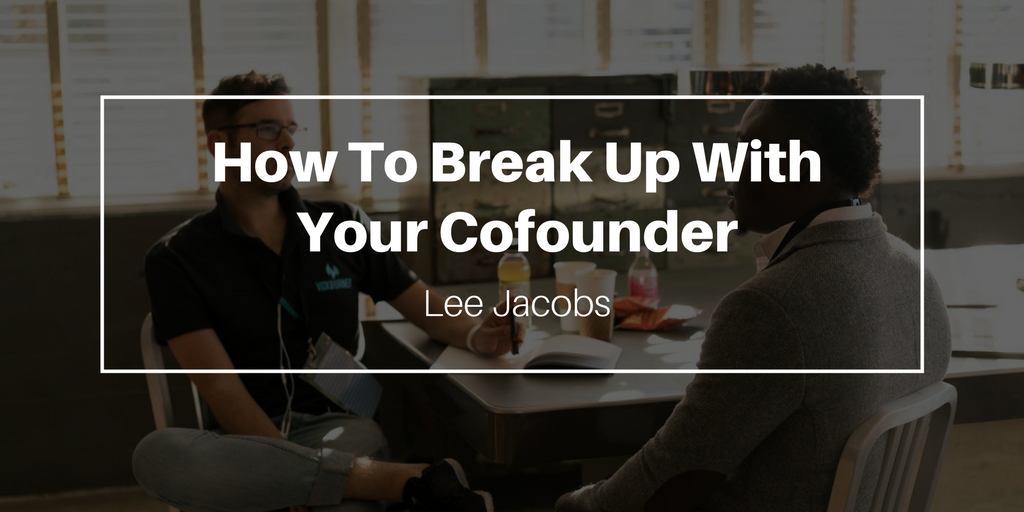When an entrepreneur starts their first company, the level of isolation can seem intimidating. It is you against incumbents, other startups, and often many others in your life (who think you are crazy).
Such was the case when I set out to start Colingo in 2010. However, I wasn’t alone—my co-founder, Ben Lowenstein, was also in it with me. Ben and I were in the trenches together. The promise we made to our customers, the investor capital we were stewards of—it was all on us. While Colingo’s mission to provide accessible and affordable English language instruction kept us going, the truth is that we were just two guys eating burritos in the Mission in SF with big ideas. In the end all we really had was one and other.
This shared by bond is what made leaving Colingo so hard.
After a year and a half of working on Colingo, there was a period of three or four months where I woke up feeling like I was doing the wrong thing. For a good deal of time, I was thinking about the Steve Jobs quote that stated when you wake up in the morning for several days in row feeling like you aren’t working on the right thing, something needs to change. I wrestled with the decision but eventually decided to tell Ben that I thought it was in the best interest of the company to leave.
Leaving Colingo was one of the hardest periods of my professional life. It seems there are a ton of great resources out there for finding a co-founder, there are far fewer on breaking up. I thought I’d share some of the things I learned/ or wish I knew while I was going through the process.
- You aren’t Alone. Like many of the less talked about aspects of startup life, leaving the company you started isn’t something talked about regularly, but it is extremely common. There is no need to be ashamed— find another founder to talk to about it. They are out there.
- It Really is for the Best. If you aren’t into what you’re doing, you are in way of success. It is likely that the half-motivated version of yourself has had a negative effect on all aspects of the business already—whether it is in your interactions with customers, employees, etc. You can’t hide this stuff. The truth is in plain sight. Separating from the company will clear space for your co-founder to step into his or her leadership.
- Make it Fast. One of the most difficult parts of leaving is balancing your sense of responsibility with the need for the company to flourish without you. In my view, it is best to move as quickly as possible to cede authority so the new leadership can step in. I left quickly after I told Ben I wanted to go. This allowed Ben to step into the role of raising capital (something I did previously). Ben quickly went on to raising more money than I did for the company.
- Leave Something on the Table. I had invested most of my shares when I decided to leave Colingo. I still believed in the business (I actually invested in the new round of financing), but I decided to give up a good deal of my shares so that the company had enough on the cap table to incentive further employees and give the business the best chance for success going forward. Remember, 10% of something is better than a 90% of nothing.
- Get a Divorce Specialist. Just like any divorce, the process can get highly emotional. There can be name-calling, feelings of betrayal, and fear for what is to come. I am huge fan of executive coaches. I am sure that if it hadn’t been for our executive coach- Shane Metcalf and his ability to mediate when things got difficult, Ben and I would not be as close as we are today. I am proud that Ben was able to stand as one of my best men when I was married.

